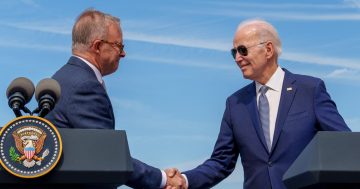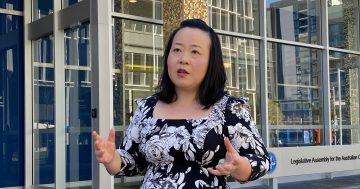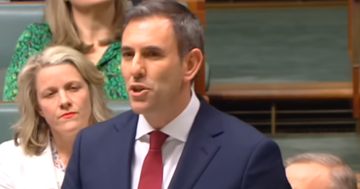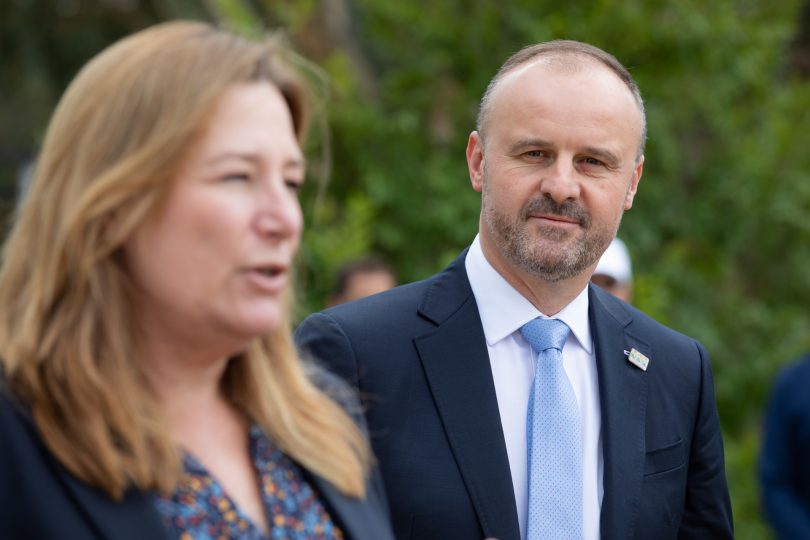
Chief Minister Andrew Barr’s salary is now over $370,000 and Deputy Chief Minister Yvette Berry is on $318,000. Photo: Michelle Kroll.
The Territory’s politicians and senior public servants have been granted a 3.25 per cent pay rise, bringing Chief Minister Andrew Barr’s annual salary to $371,910 from $360,202.
Head of the ACT Public Service Kathy Leigh will now take home $434,014.
Assembly backbenchers scored an increase of $6000 a year, taking their pay to $177,100 while ministers earn $301,070.
Deputy Chief Minister Yvette Berry is paid $318,780 a year, and Leader of the Opposition Elizabeth Lee earns $301,070.
Deputy Leader of the Opposition Jeremy Hanson now has an annual salary of $212,520.
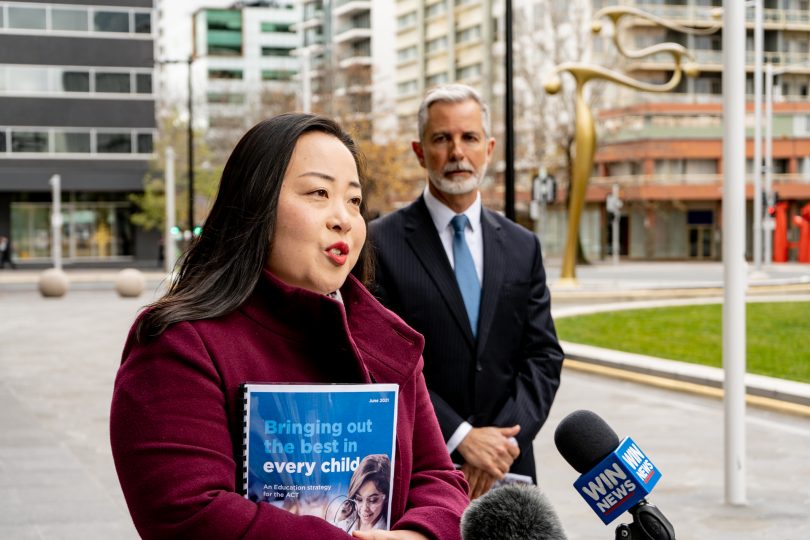
Opposition Leader Elizabeth Lee and Deputy Leader Jeremy Hanson have also scored pay rises of 3.25 per cent. Photo: Region.
Politicians are further entitled to a motor vehicle allowance of $25,500 per year, an allowance of $3000 per year for taxis or hire cars to travel to official functions and a parking space near the Legislative Assembly.
The taxi/hire car allowance was increased from $2500 after the ACT Remuneration Tribunal decided the cost of these had increased since it was last adjusted in 2015.
It determined the motor vehicle allowance was reasonable.
MLAs are also entitled to be reimbursed for “reasonable” costs incurred when travelling on Assembly business – not for political purposes.
The Tribunal said it considered the Fair Work Commission’s increase to the minimum wage, the cost of living and the tightening of the labour market, and the COVID-19 economic recovery and wage price index reporting in making its decision.
It also considered the “importance of the Territory providing competitive and equitable remuneration, allowances and other entitlements so that it can continue to attract and retain high calibre individuals to represent the ACT community”.
Other senior public servants received a pay rise.
The Auditor-General Michael Harris receives $360,529 and the Clerk of the Legislative Assembly Tom Duncan is on $283,230.
CEO of the City Renewal Authority Malcolm Snow and CEO of the Suburban Land Agency John Dietz are each paid $388,099.
President of the Human Rights Commission; the Discrimination, Health Services & Disability and Community Services Commissioner; Public Advocate; Children and Young People Commissioner; Victims of Crime Commissioner; and the Work Health and Safety Commissioner all received boosts as well.
The independent ACT remuneration tribunal also determined to include the value of a motor vehicle allowance in the base pay for public service executives after the government removed a previous entitlement to an employer-provided car.
In its submission to the Tribunal, the ACT Government said a pay increase for public service positions would be consistent with the Commonwealth and other jurisdictions.
Last year, senior public servants and politicians received a pay increase of 1.8 per cent following a COVID-19-induced wages freeze in 2020.
The wage price index grew by 2.5 per cent in the Territory to the June quarter, below the national average of 2.6 per cent, while the consumer price index rose 6.3 per cent in the same period.
Bargaining is underway for ACT Public Sector agreements which are due to expire next month. That group of enterprise bargaining agreements includes healthcare staff, nurses and midwives, teachers, correctional officers and bus drivers.
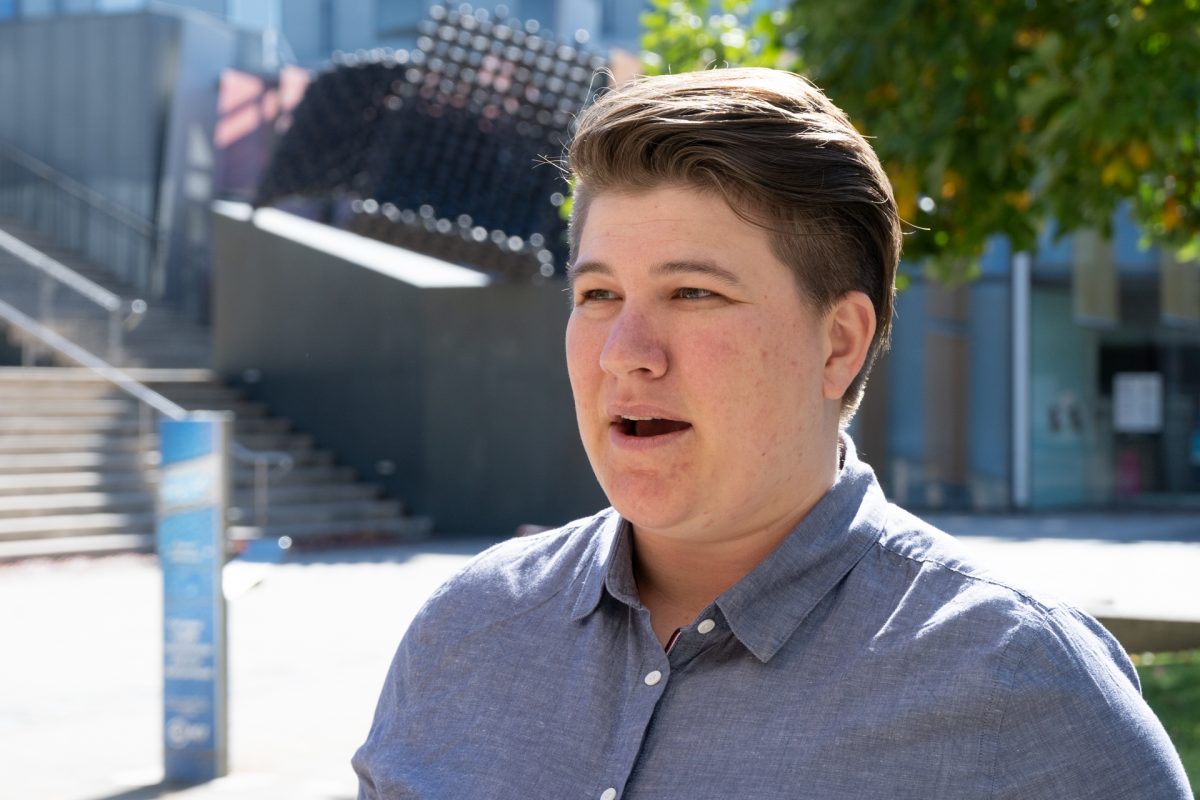
Community and Public Sector Union ACT regional secretary Maddy Northam doesn’t begrudge these pay rises. Photo: Region.
Community and Public Sector Union ACT regional secretary Maddy Northam said it’s vital these public servants – who are on lower wages than those in executive roles – receive a real pay rise.
“We don’t begrudge anyone a pay rise, but our members are seeking a pay rise of at least CPI plus one per cent,” she said.
“They are the ones trying to deal with the huge cost of living that all Canberrans are dealing with right now.
“They need a pay rise that keeps up with this and then a bit more on top so it is actually a pay rise.”
ACT public servants are also seeking an increase to their superannuation to bring it into line with their Commonwealth counterparts.












